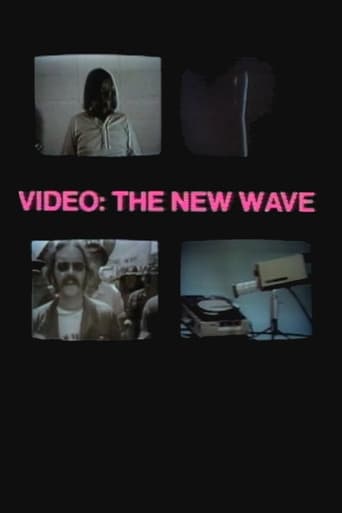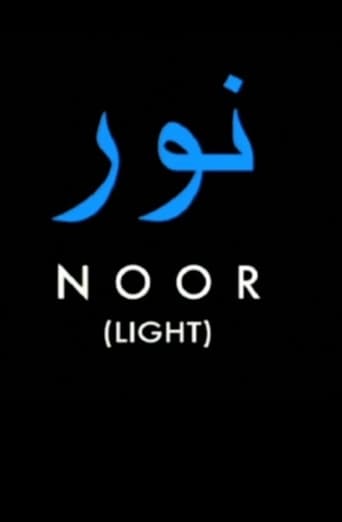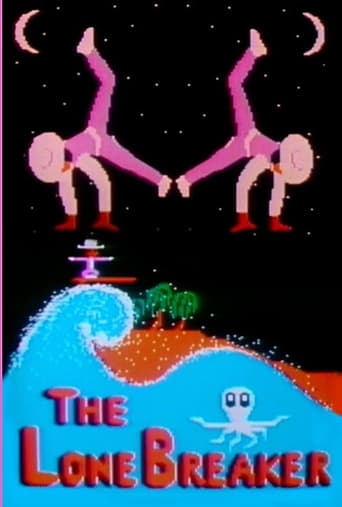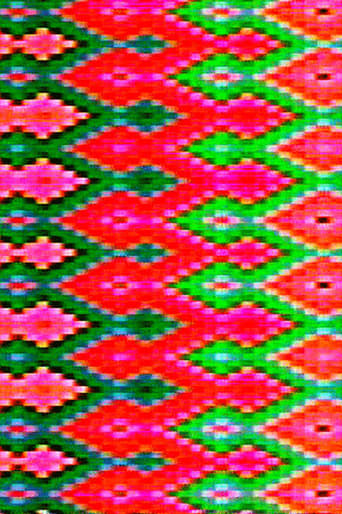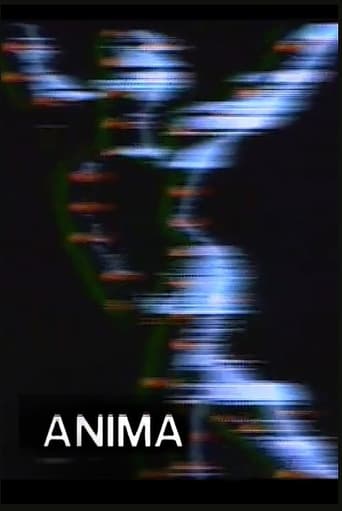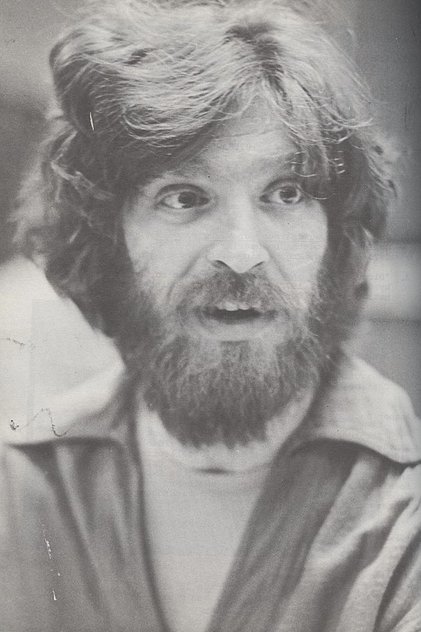
Stephen Beck
A pioneer in video technology and image processing, artist and engineer Stephen Beck developed one of the first video synthesizers — the Beck Direct Video Synthesizer. Designed in 1969, this device electronically fused moving color imagery with recorded visual material in real time. Beck used his synthesizer to merge music and image in performance collaborations with musicians such as Warner Jepson and Jordan Belson. In 1974, he designed the Video Weaver, a digital video computer with "warps" and "wefts" based on traditional textile looms. Fusing art and technology, Beck's pure abstractions of moving light and color form a link between the kinetic and Op art movements and the electronic medium of video. Beck was born in 1950. He studied music and electronic engineering at the University of Illinois, Urbana, and the University of California at Berkeley. His work has been exhibited at the Berkeley Art Museum/Pacific Film Archives, Smithsonian American Art Museum, LACMA, and at the Smithsonian Institution Hirshorn Museum and Sculpture Garden. His work has been broadcasted on PBS-TV networks and his two works UNION and CYCLES were acquired from the Smithsonian American Art Museum in 2016. Beck has received grants from Pix Italia, the CINE Gold Eagle, the National Endowment for the Arts, the Rockefeller Foundation and the American Film Institute. He was an artist-in-residence at the National Center for Experiments in Television (NCET), San Francisco, 1970-73. He was founding member of Chicago's Experiments in Art and Technology in 1968. He currently is president of Electron Video Creations, which is affiliated with Beck-Tech, an electronic design and consulting company he formed in 1978. He lives in Berkeley, California.
- Phổ biến : 0.001
- Được biết đến với : Directing
- Sinh nhật :
- Nơi sinh :

